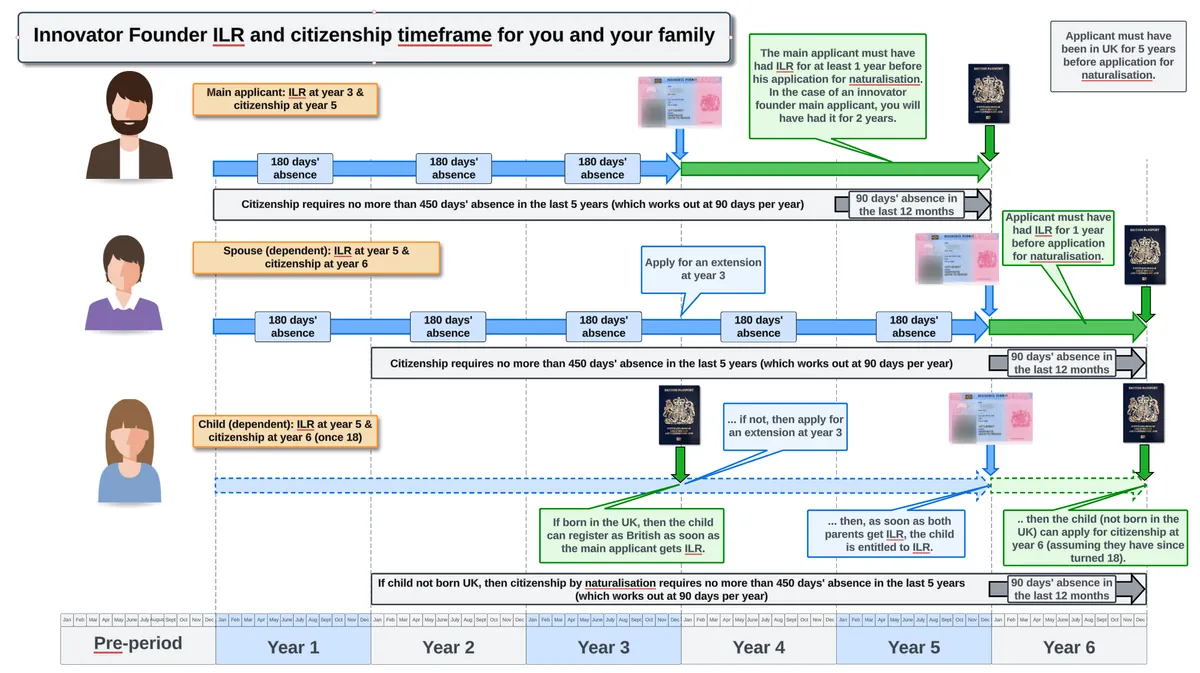UK Sees Sharp Decline in Foreign Worker and Student Visas Amid Policy Changes
Recent data shows a significant drop in UK visas for foreign workers and students following new immigration policies. Political debate intensifies as parties clash over approach to migration control.

Recent data from the UK Home Office reveals a substantial decrease in the number of visas issued to foreign workers and students. The figures indicate a 35.6% reduction in skilled worker, study, and health and care visas during the first eight months of 2024 compared to the same period in 2023. This decline, from 766,800 to 493,700, represents the most significant decrease since the COVID-19 pandemic.

The reduction in visas extends to dependents as well, with a 48.9% drop from 271,800 to 138,900 during the same period. These changes are attributed to recent government measures, including restrictions on foreign workers and students bringing dependents, an increase in the skilled-worker salary threshold from £26,200 to £38,700, and limitations on shortage occupation visa schemes.
Net migration, which stood at 685,000 for the year ending December 2023, has decreased from the record high of 764,000 in the previous year. This trend suggests that immigration may be on course to fall by approximately 300,000, aligning with government objectives.
The UK's immigration policy has been a contentious issue since the Brexit referendum in 2016. The introduction of a points-based immigration system in 2021 marked a significant shift in the country's approach to managing migration. This system, along with subsequent policy changes, aims to reduce reliance on foreign labor while addressing specific sector needs.
Rishi Sunak, the former prime minister, had pledged to implement an annual cap on immigration with the goal of reducing it over the next five years. The current government is working on measures to boost training and recruitment of domestic UK workers, potentially linking training requirements to immigration policies for certain sectors.
Sir Keir Starmer, leader of the Labour Party, has also committed to reducing net migration but without specifying a target figure. Labour is largely continuing with the legal migration restrictions introduced by the Conservatives, although there are calls from within the party to relax some visa controls.
"We've commissioned the Migration Advisory Committee to review sectors reliant on high international recruitment."
The Migration Advisory Committee (MAC), established in 2007, provides independent advice to the government on migration issues. Its role in reviewing the spouse visa income threshold and sector-specific recruitment needs highlights the complex nature of UK immigration policy.
Sir Patrick Vallance, the new science minister, has called for changes to facilitate easier movement for individuals contributing to the UK's science sector. He specifically mentioned the need to review visa costs and rules around dependents for scientific professionals.
The NHS, which heavily relies on foreign-born staff (about 14% of NHS workers were non-British as of 2023), may be particularly affected by these policy changes. This situation underscores the delicate balance between reducing overall migration and meeting specific sector needs.
As the UK continues to navigate its post-Brexit immigration landscape, the debate between political parties intensifies. James Cleverly, the shadow home secretary, credits the Conservative government's policies for the reduction in visa applications, while Seema Malhotra, migration minister, criticizes the previous administration's handling of immigration issues.
The ongoing discussions and policy adjustments reflect the UK's efforts to manage migration effectively while addressing economic needs and public concerns. As these changes unfold, their long-term impact on various sectors and the UK's international standing remains to be seen.


































